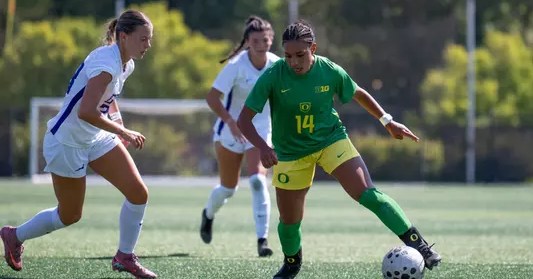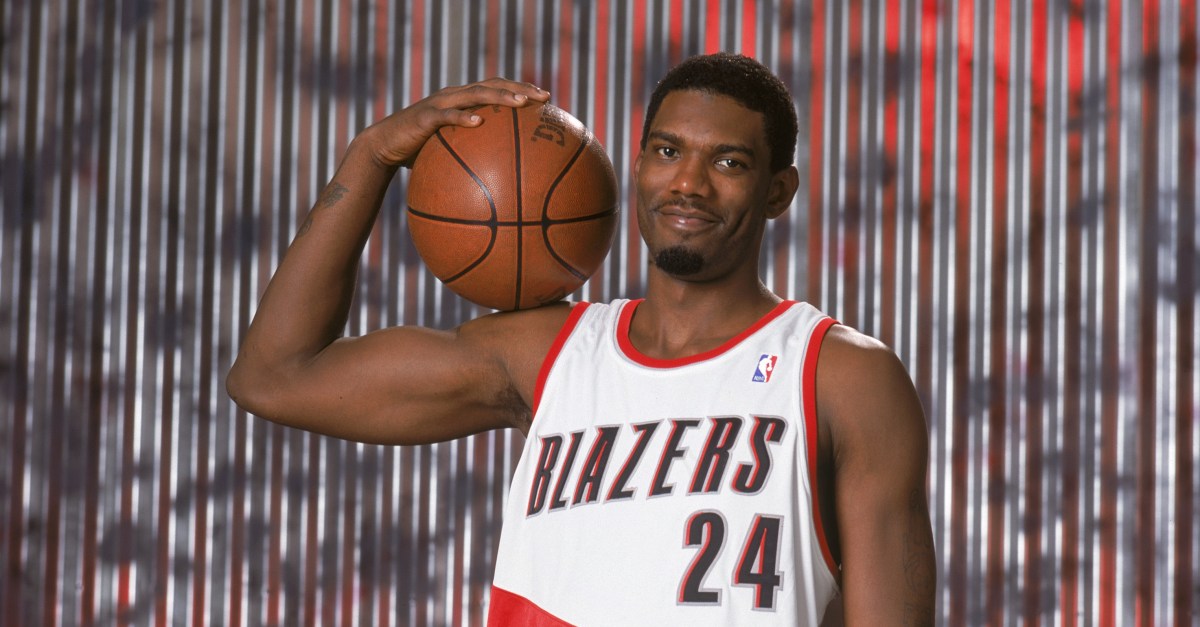The Dirty Work That Wins Games – How Oregon’s Blocking Made Its Offense Unstoppable
For much of the past decade, Oregon football has been synonymous with speed, spacing, and highlight-reel plays. That identity is still alive, but in the Ducks’ emphatic 69–3 win this past weekend, something else stole the spotlight: blocking.
The offensive line, tight ends, and receivers turned blocking into an offensive philosophy. They did the quiet, physical work that transforms talent into sustainable production. The result was undeniable—631 total yards, an offense that looked effortless, and a scoreboard that reflected fundamentals as much as flash. Dante Moore’s stat line was impressive, but the film told the real story. Big plays happened not just because of speed, but because blockers finished their assignments downfield.
The Art of Downfield Blocking
Blocking is not one skill—it’s layers of technique. Pass protection and initial run fits matter, but the hardest and least glamorous element is downfield blocking. That’s what turns a decent gain into a game-breaker.
When a receiver sustains a block five yards downfield, the runner can cut, accelerate, and turn a modest play into 30 yards. When a tight end drives back a linebacker, lanes open in heavy boxes. Oregon has made those finishing reps a priority, building drills that reward effort through the whistle. Against Oklahoma State, it showed. Noah Whittington’s 59-yard touchdown wasn’t just about speed—it was a series of well-timed blocks that created the cutback lane.
Downfield blocking also speaks to culture. It requires receivers to accept that some of their most important plays won’t show up in the box score. At Oregon, that buy-in is visible on tape. Where other programs emphasize route running, the Ducks have carved out practice time to hone contact skills, creating a rhythm of consistent yards after contact that wears defenses down.
Film Room: How Blocking Unlocked the Big Plays
It’s tempting to credit the box score alone—Dante Moore completed 16 of 21 for 266 yards and three touchdowns, while Oregon ran for 312 yards on just 18 carries. But the throughline was clear: finishing blocks.
On Moore’s 65-yard connection to Dakorien Moore, the throw created the matchup, but perimeter blocking made it a touchdown. The ground game’s absurd 17 yards per carry only happened because linemen and lead blockers sustained blocks at the second level.
PFF grades reinforced it: Oregon earned strong marks in run blocking and receiver downfield work. Even freshmen known for vertical speed graded high in blocking assignments, showing the payoff of cross-training skill players to embrace physical play.
The Unsung Heroes
Every explosive offense has stars, but Oregon’s sustainable edge came from players who sacrificed stats for teammates. Freshman Dakorien Moore not only produced after the catch—he earned top blocking grades and even pancaked a defender at the goal line. Tight ends and H-backs consistently engaged linebackers, while the offensive line combined leverage and quickness to make counters and pulls effective.
The cumulative effect? Cleaner reads for quarterbacks, bigger lanes for backs, and a rhythm that prevented Oklahoma State from ever settling in.
Coaching, Culture, and the Daily Grind
Players don’t just wake up better at blocking—it’s coached, drilled, and demanded. Oregon’s staff has built that standard into practice with extended reps, competitive drills, and clear grading.
The messaging matters, too. By elevating blocking publicly, the coaches make it a core part of evaluation and team trust. Freshmen see seniors finishing blocks and adopt the standard quickly. It also strengthens recruiting: players with elite speed and skill know they’ll enter a system that will maximize their abilities without compromising physical identity.
Conclusion
Sustainable offenses aren’t built on highlights alone. Oregon’s rout of Oklahoma State was proof that fundamentals can create fireworks. With receivers, tight ends, and linemen all embracing the “finish” mentality, the Ducks manufactured explosive plays without relying on a handful of stars.
If this remains the baseline—if blocking continues to be emphasized and celebrated—Oregon won’t just be explosive, they’ll be durable, adaptable, and hard to beat when the games matter most.
Blocking won’t trend on social media, but it wins fourth quarters, preserves slim leads, and decides championships. On Saturday, Oregon showed they understand that better than most.
Share this content:














Post Comment